Media coverage
Share
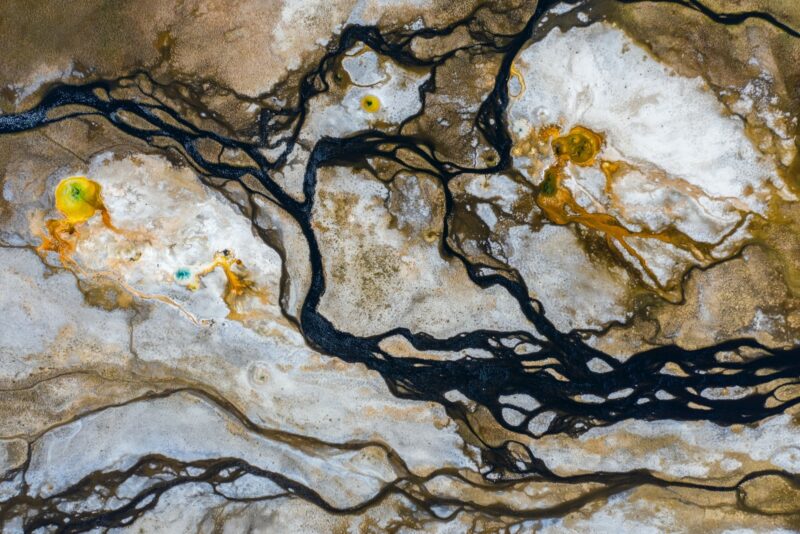
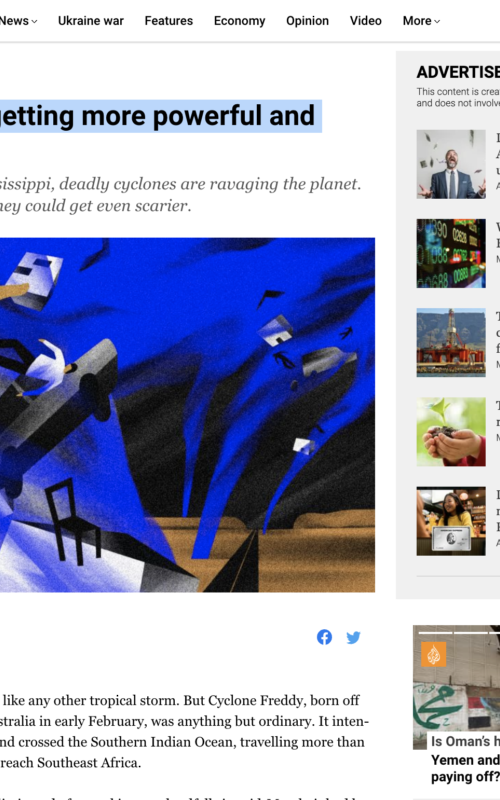
Al Jazeera
Shruti Nath is quoted in this piece on the increasing intensity of storms and the need for better data in vulnerable places.
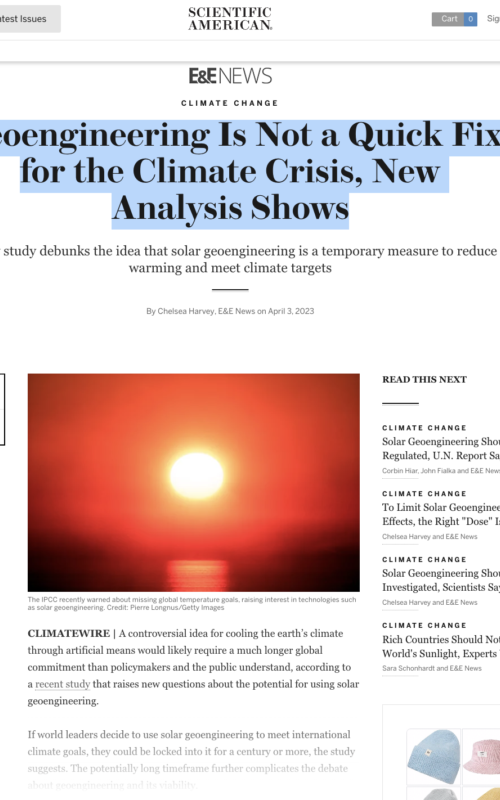
Scientific American
Climate Analytics' latest paper showing that solar geoengineering would be an over 100 year commitment is covered in Scientific American.
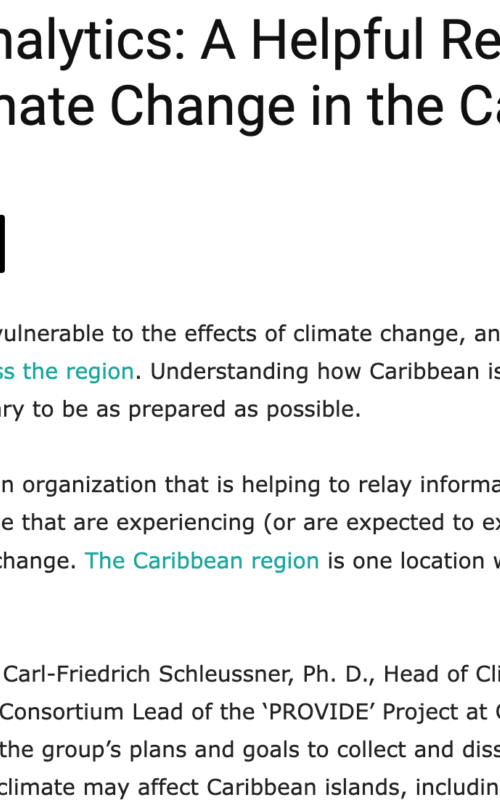
The St. Croix Source
“It is a critical decade to limit warming below 1.5 degrees Celsius. Though Caribbean small islands have contributed comparatively little to global emissions, they are among the most vulnerable from the impacts.” - Carl-Friedrich Schleussner, Head of Climate Science at Climate Analytics
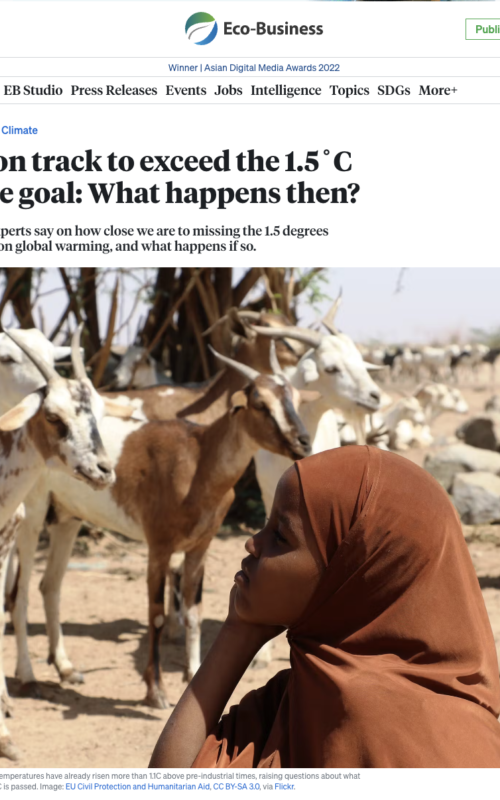
Eco-Business
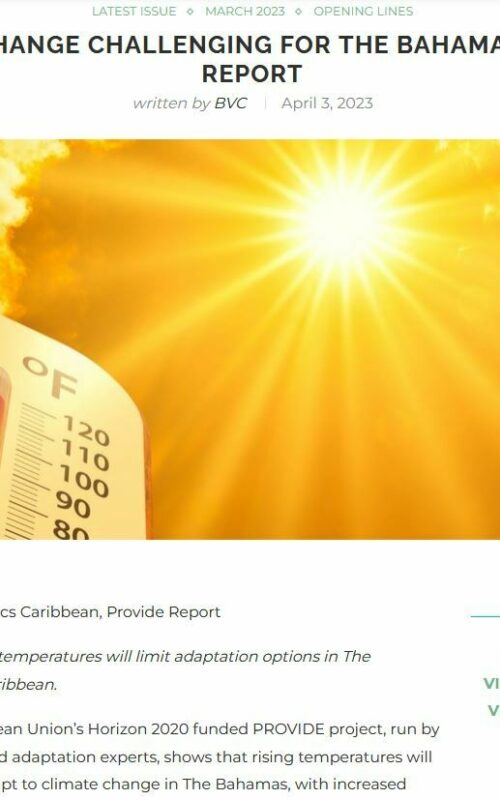
Business View Caribbean
“If temperatures rise over this limit, there is still an option we can bring them back down again if we can get to net zero emissions and get carbon out of the atmosphere,” commented Dr. Carl-Friedrich Schleussner from Climate Analytics.
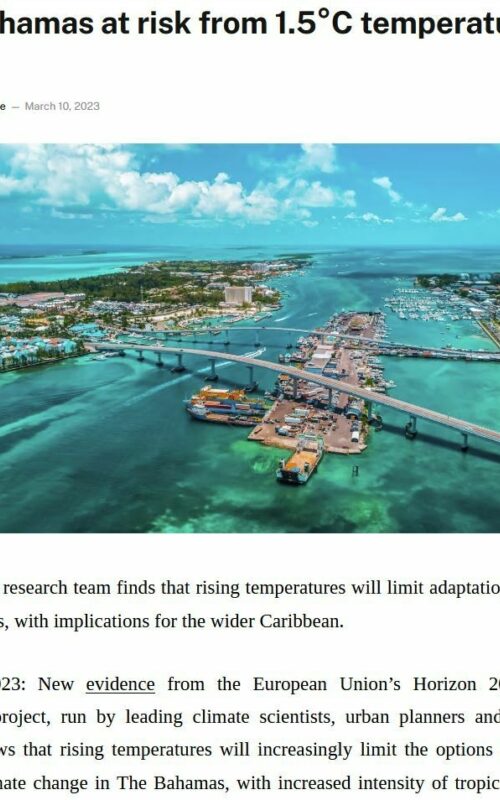
St. Vincent Times
Dr. Carl-Friedrich Schleussner says to St Vincent Times “If temperatures rise over this limit, there is still an option we can bring them back down again if we can get to net zero emissions and get carbon out of the atmosphere.”
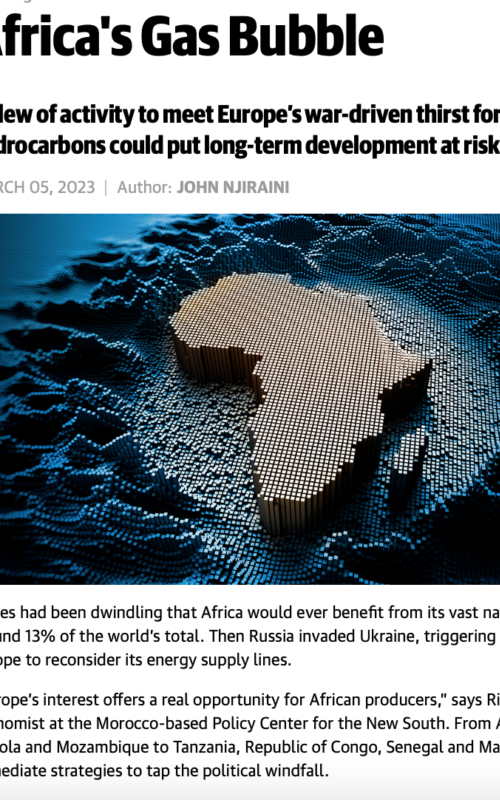
Global Finance
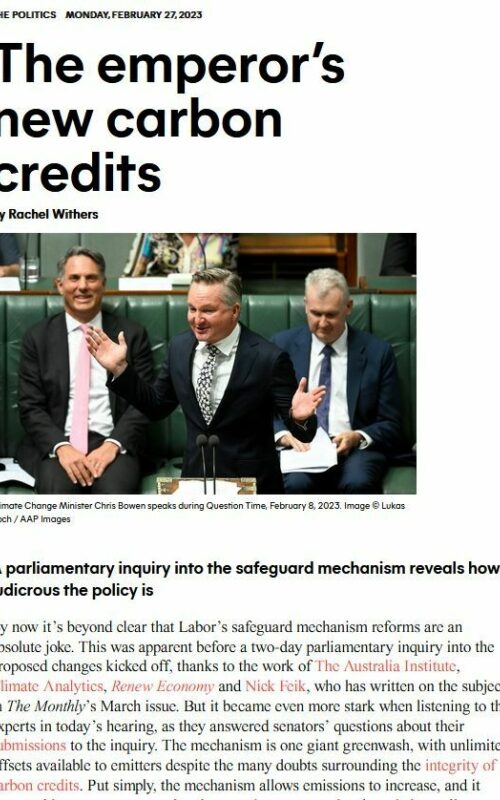
The Monthly
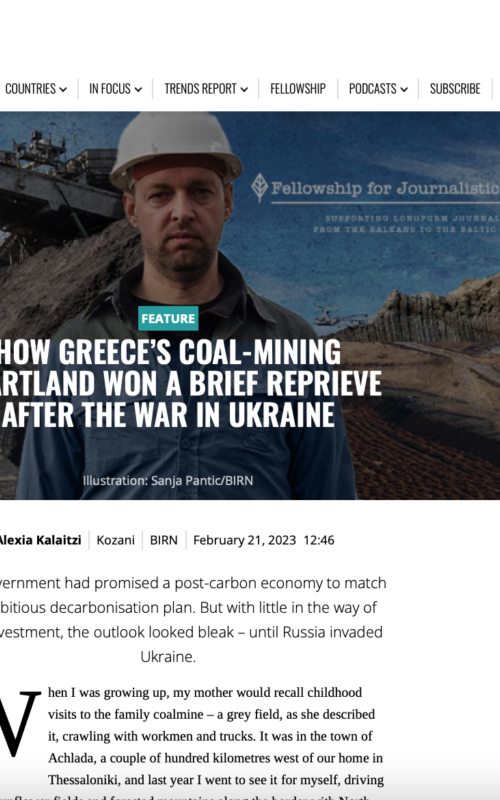
Reporting Democracy
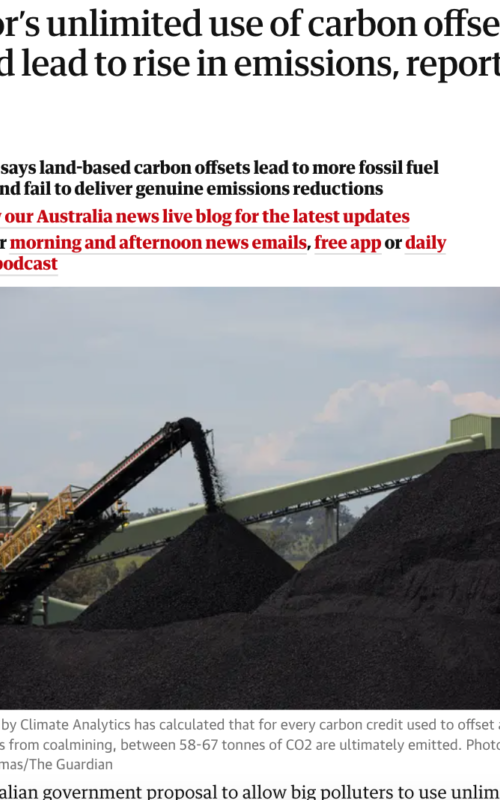
The Guardian